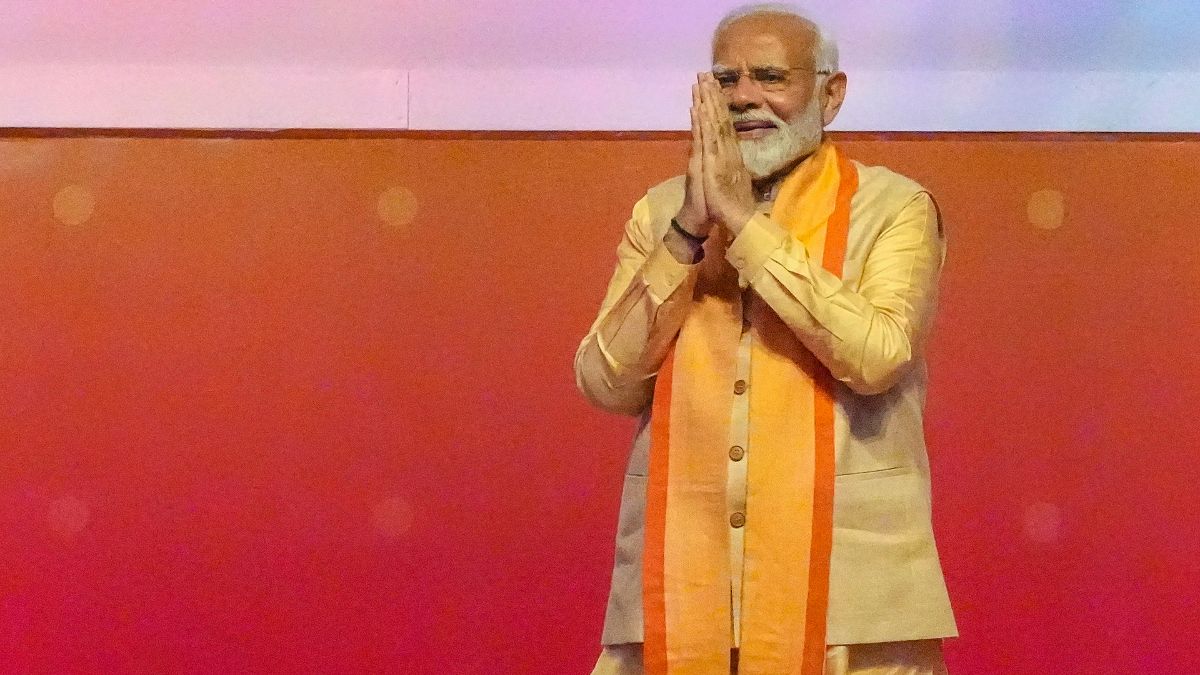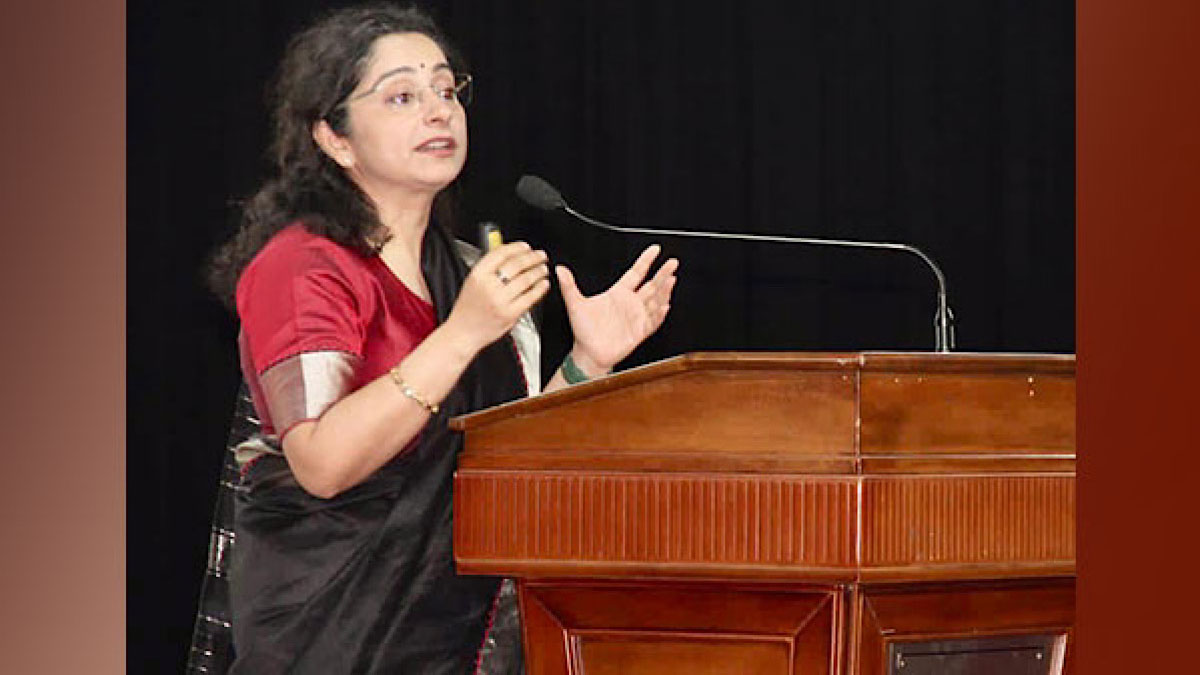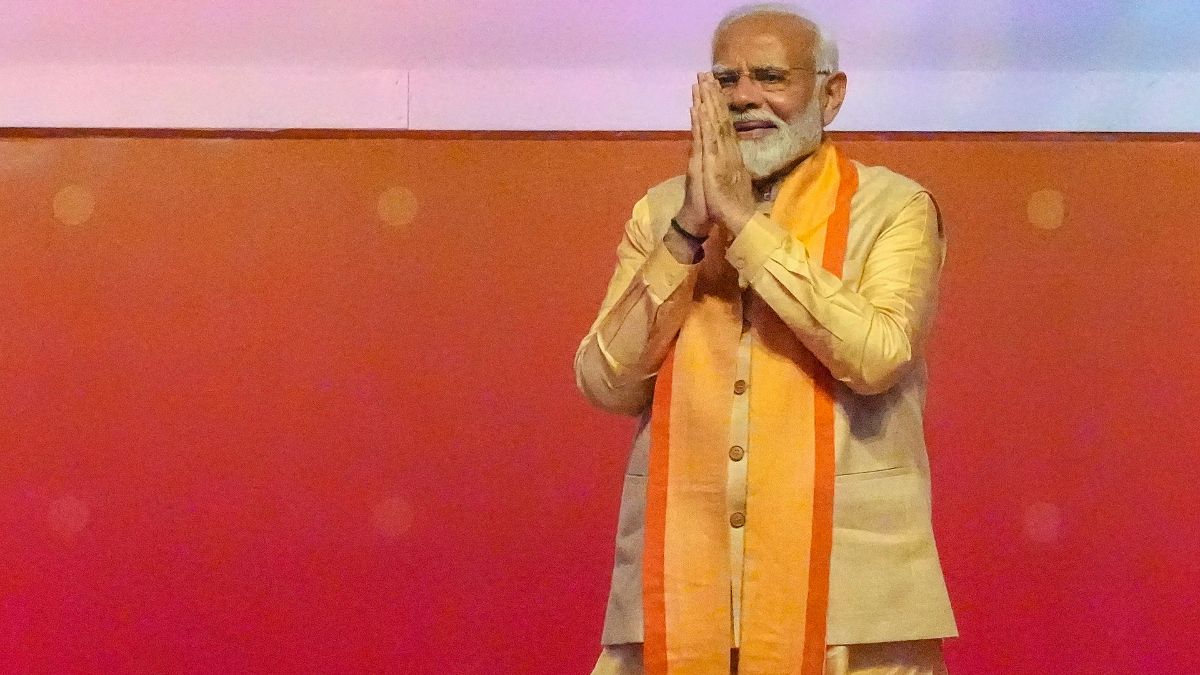New Delhi - Just how powerful was the Foreign Investment Promotion Board (FIPB) in its heydays and why is its scrapping being hailed by all?
The government has announced that this board will be scrapped and henceforth, all decisions on foreign direct investment in India will be taken by respective administrative ministries. To say the least, FIPB was the epitome of license raj, where powerful bureaucrats decided the fate of a foreign investor willing to pump in precious foreign investment into India.
It was set up in the aftermath of economic liberalisation in the 90s, envisaged as a single-window clearance mechanism for all FDI proposals. But over the years, the FIPB grew into a body which developed clout not entirely commensurate with its functions – decisions on crucial FDI proposals were delayed interminably sometimes, at other times it became a place of intense lobbying by interested parties.
This interesting anecdote should explain why FIPB wielded such clout and why its scrapping may not be a bad idea. When the Tatas entered into an understanding with Malaysian budget airline AirAsia BhD to set up an airline from scratch in India in September 2012, it not only heralded the arrival of pioneers of aviation once again into the space they loved, but also involved complicated licensing procedures before such an airline could be set up.
Amid unprecedented protests from existing airlines, which feared their collective monopoly over the Indian skies would be serious jeopardy and which then moved every possible fora to get the Tatas’ proposal scuttled, it was left to the all-powerful FIPB to decide whether this FDI proposal would at all be okayed. And the FIPB babus, in their infinite wisdom, chose to interpret a humble comma (a mere punctuation mark) in such a fashion that all external opposition to the proposal was thwarted.
As this article in Times of India explains, the interpretation that the FIPB made of a comma in the proposal seeking its nod for this new airline, actually saved the day for the Tatas. “The Foreign Investment Promotion Board’s (FIPB) interpretation of the intent behind the placement of a comma (in the proposal) has ensured the clearance of the Rs 80-crore venture between AirAsia BhD, Tata Sons and Telstra Tradeplace despite objections from civil aviation ministry officials that the proposal was not consistent with the foreign direct investment policy,” the report notes wryly.
In that FIPB meeting, civil aviation ministry officials had argued that prevailing policy allowed a foreign airline to invest only in an existing carrier and not a greenfield one, but its objections were ignored. “Two people familiar with the FIPB deliberations said finance ministry and DIPP officials explained that a strategically placed ‘comma’ in a government order issued in September last year allowed fresh investments in the sector as a whole and not just in existing airlines.”
Though the Tatas were lucky that interpretation of a punctuation mark saved their proposal from being rejected amid stiff opposition from other stakeholders, there have been many a hopefuls who were not so lucky. The FIPB’s word was final, almost a law unto itself.
Some FIPB decisions have resulted in bad policy making too. Consider the Aircel-Maxis controversy , where the board is being blamed for at all clearing the investment proposal by the foreign firm.
The controversy around the Aircel-Maxis deal is whether FIPB could approve the $800 million (about Rs 4,800 crore) proposal on its own, or should it have gone to the Cabinet Committee On Economic Affairs (CCEA) at that time. FIPB archives show that CCEA approvals were procured in some cases involving lower foreign investment than Aircel-Maxis even for the pre-2010 proposals. Remember, the Aircel-Maxis deal has former Finance Minister P Chidambaram in its cross hairs and is under a CBI investigation. This instance further shows the might of the mighty FIPB in its hey days.
But in today’s more liberalised India, the FIPB’s role had already shrunk considerably, especially after the Narendra Modi government further relaxed FDI norms for many sectors last year. Only 11 sectors such as defence and retail trade are left, where FDI stills requires the government’s nod.
So essentially, the FIPB empire had already shrunk. Its scrapping is also no surprise, since Finance Minister Arun Jaitley had announced this decision in his Budget speech this year. From now on, FDI proposals will be considered by the concerned ministry in consultation with the Department of Industrial Policy and Promotion (DIPP), which will soon come out with clear guidelines and operating procedures for clearance of proposals.
From Twitter handle @makeinindia, the government clarified what the abolition of FIPB means for future FDI proposals. Besides ensuring that administrative ministries approve such proposals, the government also said that timelines have been fixed for disposal of applications for approval of FDI by competent authorities and that monitoring of FDI conditions will now on be the responsibility of concerned administrative ministries.
It also said rejection of FDI proposals has been made difficult since concurrence of the Department of Industrial Policy and Promotion (Under the commerce ministry) has been made mandatory for any rejection. Also, there will be a quarterly review of FDI proposals by DIPP for those proposals which envisage investment in government route sectors.
So are all hurdles to foreign investment now cleared and have FDI inflows been anything to write about during the Modi rule. The BJP is considered a foreign investor darling and FDI inflows over the last three years show why. During the period under Modi, the country saw nearly $149 billion (until December 2016) worth of investment from overseas companies. In comparison, under the erstwhile UPA, three years starting 2011-12 witnessed an aggregate flow of $117 billion.


)




)
)
)
)
)
)
)
)